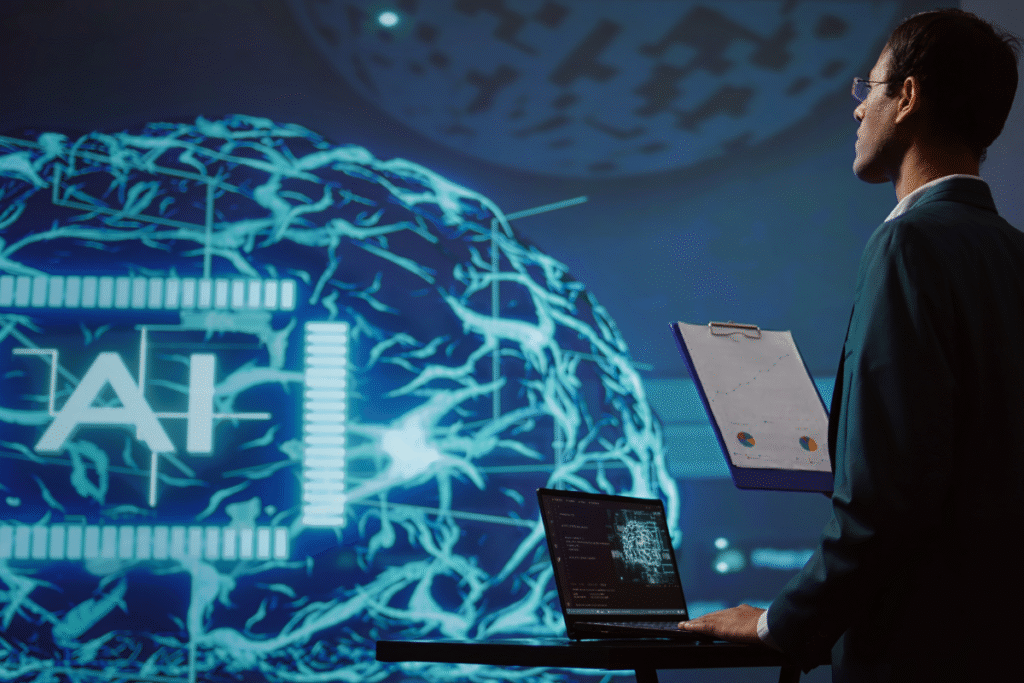Introduction
AI isn’t something out of the future; it’s here now and changing the game. In 2025, AI starts integrating into daily life and business strategies-from personalized shopping up to smart logistics and content creation. Everyone, whether you are a business owner, freelancer, or tech enthusiast, must embrace AI use cases as a vital and necessary measure that can keep you ahead, make things a bit smarter, and spark innovation.
It conveys how one can embrace AI effectively in 2025. The object is to unveil the great applications of AI across industries, the practical tools they could use in implementing these applications, and actionable tips on how to leverage the most powerful technologies personally or professionally.
1. AI in Business Automation
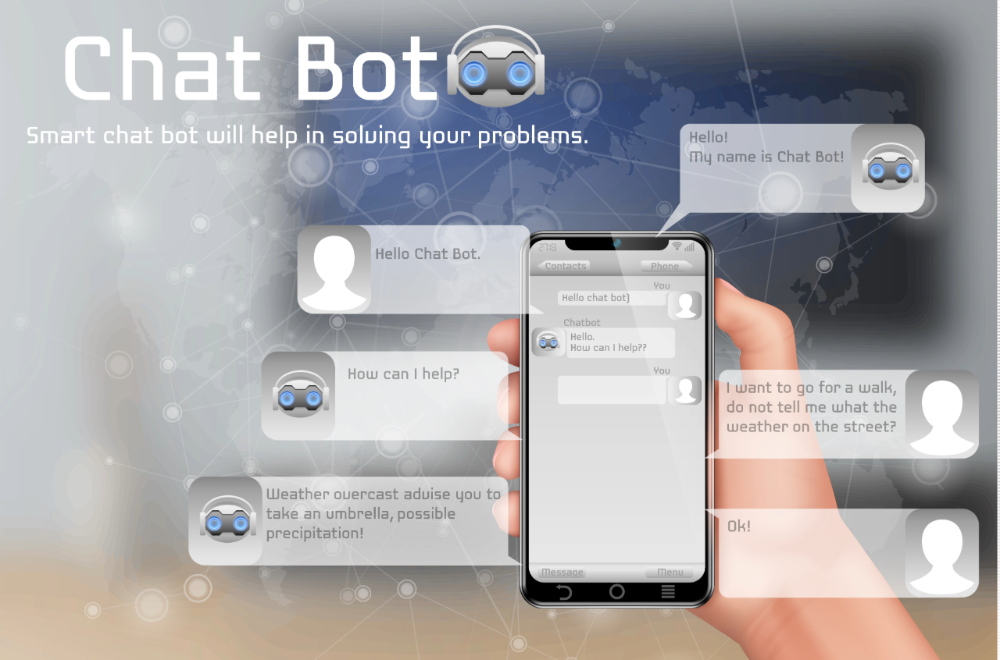
Automation is the most useful application of AI. In 2025, companies of all shapes and sizes are automating mundane and time-consuming tasks with AI tools—saving time, eliminating errors, and enhancing efficiency.
Examples of AI Automation Tools:
- Chatbots: Customer support 24/7 with platforms such as Zendesk AI, ManyChat, or Tidio.
- CRM Automation: Software such as HubSpot, Zoho CRM, or Pipedrive AI leverages intelligent data analysis to enhance customer interaction.
- Invoice & Expense Management: Implement QuickBooks AI or FreshBooks for autoposting category and report generations.
Tip: Begin small—autofy your email autoresponses or schedule with Calendly using follow-up AI-based autoresponders.
2. AI-Powered Content Creation
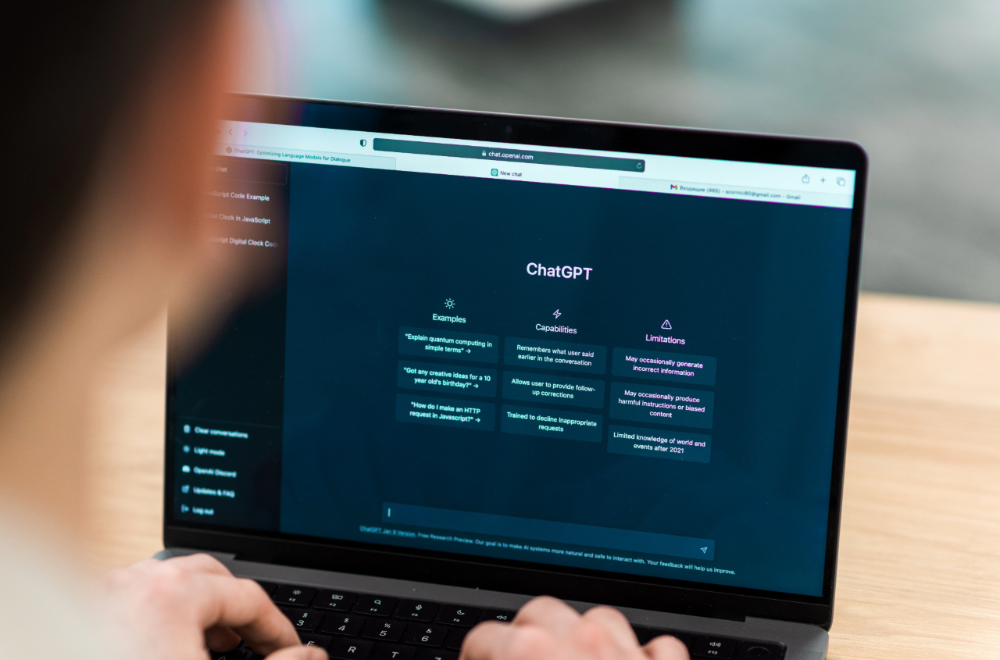
In 2025, AI software will be the kingmakers, and content will be the king. For blog posts to ads and videos, creators now use AI to create, optimize, and customize content quicker than ever before.
Top Content Tools:
- ChatGPT or Jasper for blog and copywriting
- Copy.ai for ad copy and marketing copy
- Which is better for turning articles into videos: Lumen5 or Pictory?
- Grammarly AI for proofreading and tone editing
Use Case: A content creator can create a whole content calendar with SEO-friendly posts and images in a weeks of work cutting down to days.
3. AI in Customer Experience (CX)
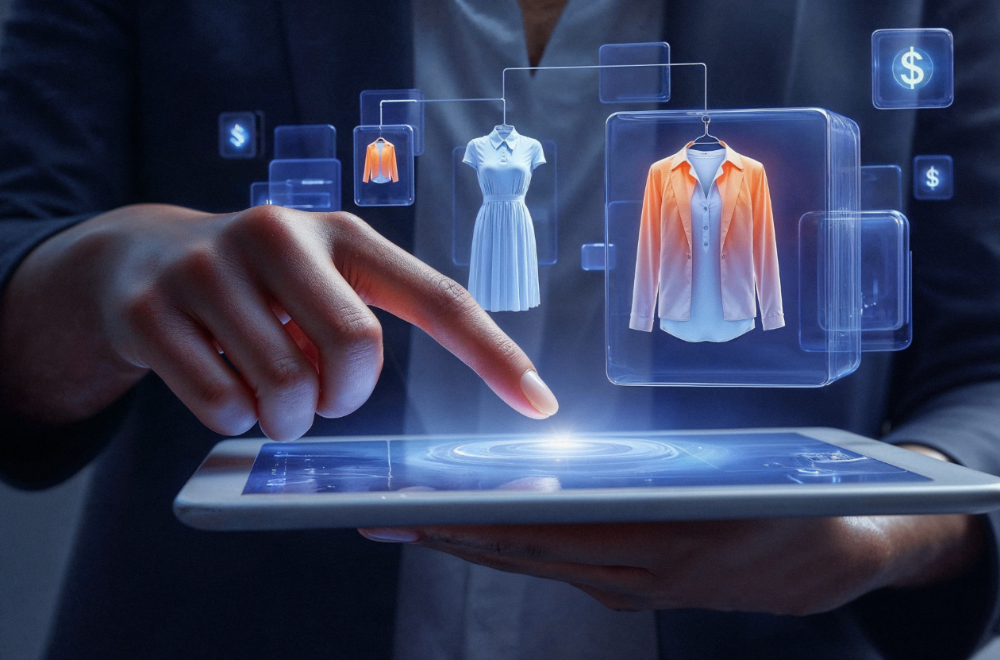
In 2025, customer experience is being transformed by AI. Firms leverage machine learning to personalize offerings, predict users’ needs, and improve satisfaction.
Key Applications:
- Recommendation systems powered by AI on online shopping sites (e.g., Amazon, Shopify AI integrations)
- Predictive customer care through email or chat, leveraging tools such as Intercom AI
- Sentiment analysis tools for gauging customer feedback (e.g., MonkeyLearn, Lexalytics)
Why it matters: Companies that utilize AI-based personalization see a 10–15% boost in sales conversions—evidence that smart CX works..
4. AI for Smarter Decision-Making
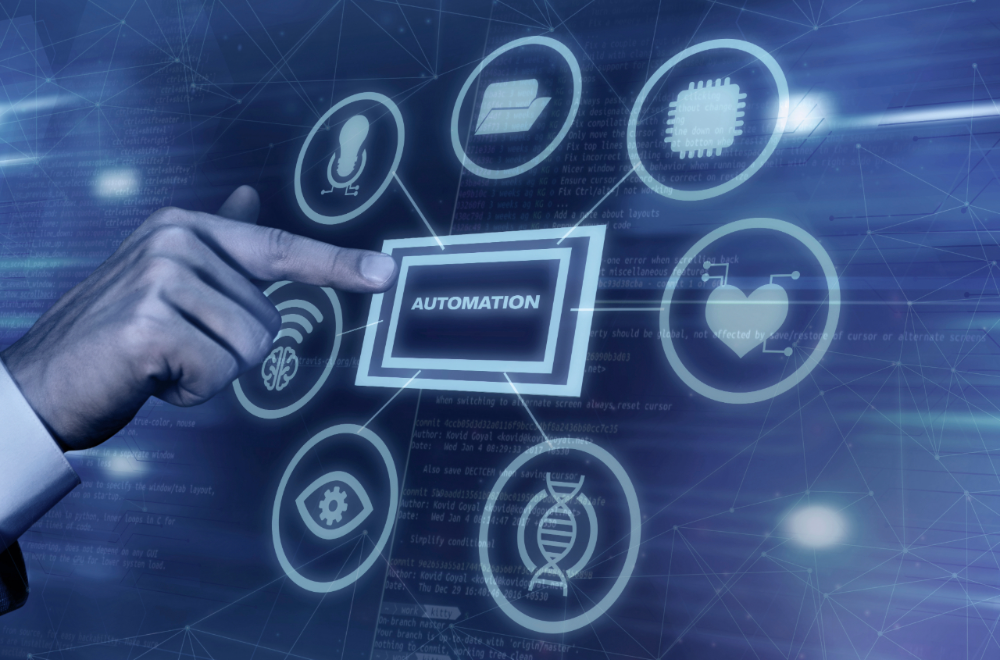
Because AI can handle large amounts of data, it is a powerful tool for decision-making. Quick AI-assisted decision-making is useful in inventory management, sales forecasting, and market trend analysis.
The applications of AI in various industries:
- Retail: AI-EERP systems, like Oracle Cloud AI, are used to predict demand and manage inventories.
- Finance: AI trading robots and risk assessment software will make better investment decisions.
- Healthcare: Disease diagnosis or even directing a patient’s care plan through platforms like those of IBM Watson Health.
Tip: Integrate AI comprehension with human knowledge for optimal outcomes. AI supports but doesn’t replace your judgment.
5. AI in Marketing and Sales
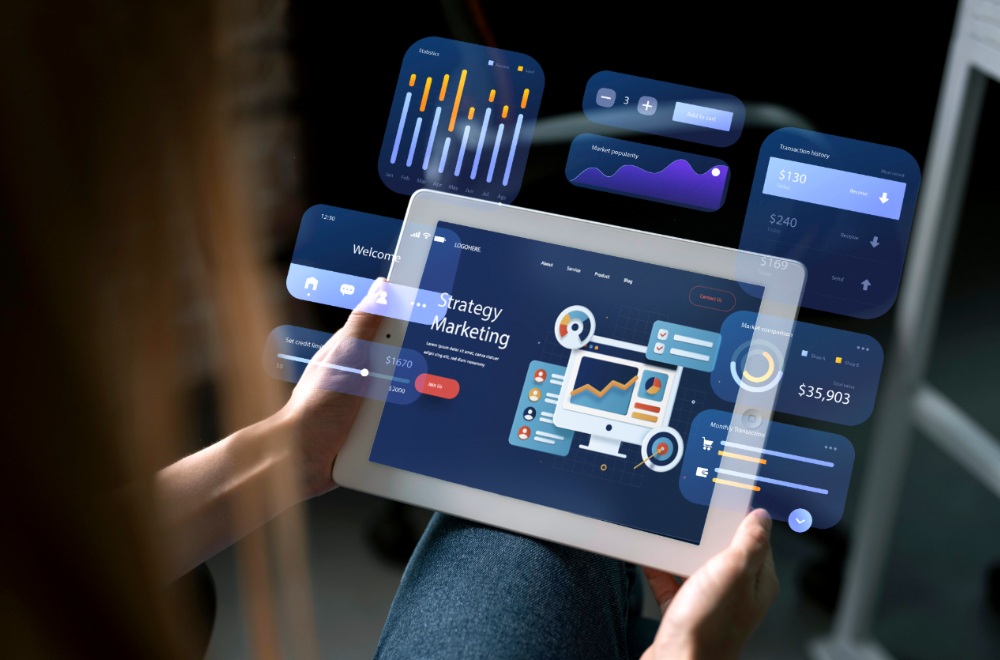
The year 2025 is witnessing mammoth shifts in marketing due to AI. Campaigns, customer segmentation, and tracking returns are made easier using AI tools to give greater audience accuracy.
Famous Applications:
- Automating email personalizations through ActiveCampaign or Klaviyo
- Finding prospects who are likely to convert by using predictive analytics
- Targets ads through Meta Ads AI, Google Performance Max
Pro Tip: Employ AI to run automatic A/B tests, adjusting creatives for performance in real-time.
6. AI in Human Resources and Recruitment

AI is making it easier and more equitable to locate and seek out the right employees. Artificial intelligence-based hiring tools are being deployed by businesses to screen résumé and evaluate candidates’ skills while eliminating all kinds of bias.
Tools You Can Use:
- Hire Vue Video Interview Analysis
- Pymetrics Soft Skills Assessment
- Eightfold.ai is a place where AI matching uses machine learning based techniques to link an unengaged user to a job position.
Bonus: AI-only onboarding would track performance and deliver automatic training.
7. AI in Education and Learning

By 2025, education will be personalized through the application of artificial intelligence. Regardless of whether you are a teacher, student, or just trying to learn, artificial intelligence (AI) technologies are making it possible to customize learning experiences to your unique learning preferences and pace.
Platforms for AI Learning:
- The GPT coach for experiential learning at Khan Academy
- Personalized language practice with Duolingo AI
- Google’s Socratic for applying AI to difficult scientific and math problems
Why It’s Powerful: The remarkable thing about adaptive learning is that it improves retention and engagement, which transforms how we learn whether we are in a classroom or learning independently.
8. Voice & Visual AI Integration
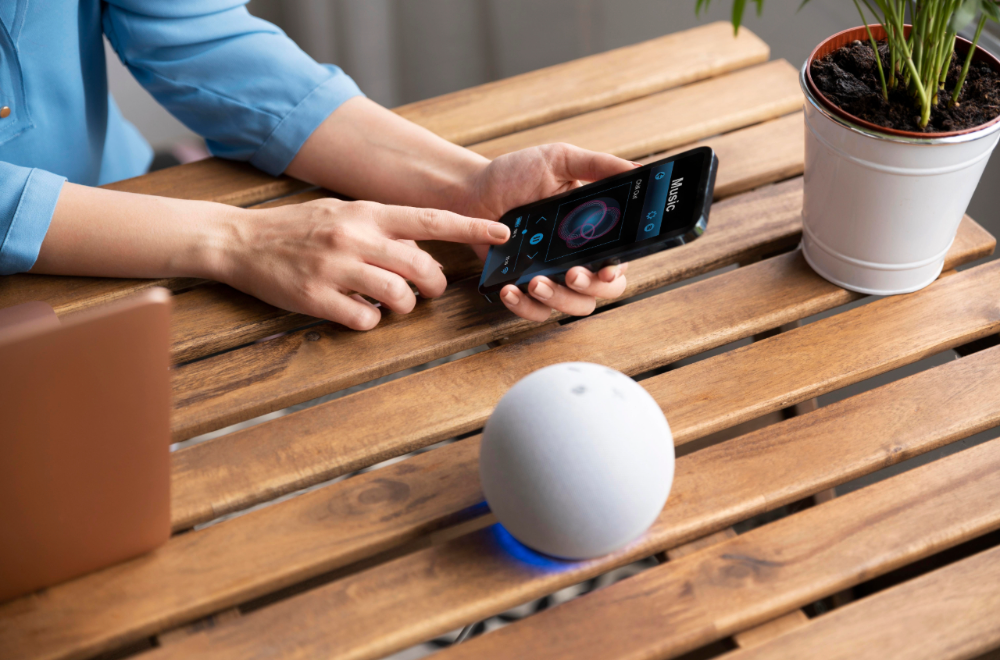
In the year of 2025, voice assistants as well as image recognition tools would revolutionize accessibility as well as interaction of users. From search by voice to creation of images by artificial intelligence, this now creates a part of an everyday workflow.
Use Cases:
- For Voice AI: Siri, Alexa, and Google Assistant can do more than just remind you of things. They’re handy for sending messages, managing smart home calendars, and setting up appointments.
- For Visual AI: Tools like Google Lens and OpenAI’s DALL·E make it easy for anyone to search, recognize, and create with images.
Creative Angle: AI can be used by designers to swiftly create brand designs or mood boards.
Final Thoughts
Artificial intelligence will improve human capabilities in 2025, not replace us. Applying AI to areas like automation, creativity, marketing, decision-making, and customer service may help you save time, make better decisions, and realize your full potential.
The most important thing is to begin now. Choose one application that suits your requirements or your company and experiment with it step by step. The more you test, the more you will realize the advantages of this revolutionary technology.
FAQs
A1: Leveraging AI use cases means applying artificial intelligence to real-world business or personal scenarios—like automating tasks, improving customer experience, enhancing decision-making, or boosting productivity using AI-powered tools and platforms.
A2: Top AI use cases in 2025 include generative AI content creation, virtual assistants, personalized marketing, predictive analytics, AI in healthcare diagnostics, fraud detection, and smart supply chain automation.
A3: Small businesses can use AI for automating customer service with chatbots, generating social media content, forecasting sales, streamlining inventory management, and improving personalized customer engagement.
A4: Industries like healthcare, finance, retail, logistics, education, cybersecurity, and manufacturing are leveraging AI to enhance efficiency, accuracy, and innovation in daily operations.
A5: Not necessarily. Many AI platforms are now no-code or low-code, allowing users to implement AI features using drag-and-drop interfaces or pre-trained models without deep technical knowledge.

